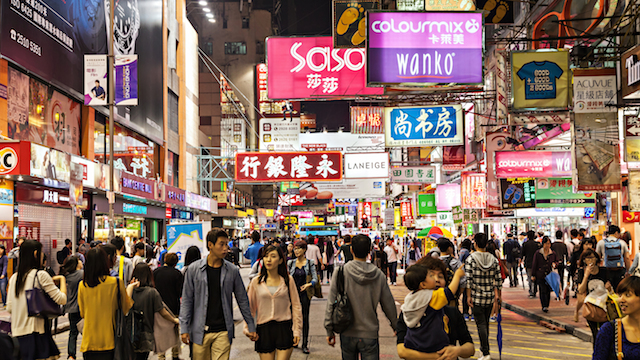A staggering 40% of Japanese men in their 20s say they have never gone on a date, according to a new report from the Japanese government.
Japanese authorities surveyed 20,000 people from their 20s to their 60s from December 2021 to January, polling them on a variety of questions related to marriage and income. The findings of the survey were released this month in the government’s white paper on gender equality.
The survey revealed that four in ten of the single men in their 20s surveyed had never been on a date. The questionnaire asked those in their 20s if they were married or single, and if they had ever dated anyone.
The rate of singlehood amongst the Japanese men surveyed did not appear to drop drastically with age. Around 35% of the men in their 30s polled by authorities said they had never been on a date. And in their 40s, 22% of the men surveyed still said they had never dated.

Women, meanwhile, polled very differently on the same questions. Around 25% of the women in their 20s surveyed said they had never dated. The figure dropped to just over 22% for women in their 30s. And by their 40s, just 12% of the women polled said they had never once dated.
According to the same report, one in four Japanese singles in their 30s — regardless of gender — also said that they had no desire to get married. According to the survey, 26.5% of the men in their 30s did not want to get married, as did 25.4% of the women polled.
Both men and women cited their desire for freedom as a key reason for not getting married. Female respondents in particular cited losing their jobs, financial instability, and having to shoulder the burden of childcare and housework as reasons why they would choose to not marry.

Japan’s birth rate has come under great scrutiny — even from individuals like Elon Musk, who warned in May that Japan will “cease to exist” if it does not raise its birth rate.
In 2021, Japan recorded the lowest number of births in the country in over a century. Last year also saw a record natural decline in the Japanese population.
Source: Cheryl Teh, Insider

































You must be logged in to post a comment.